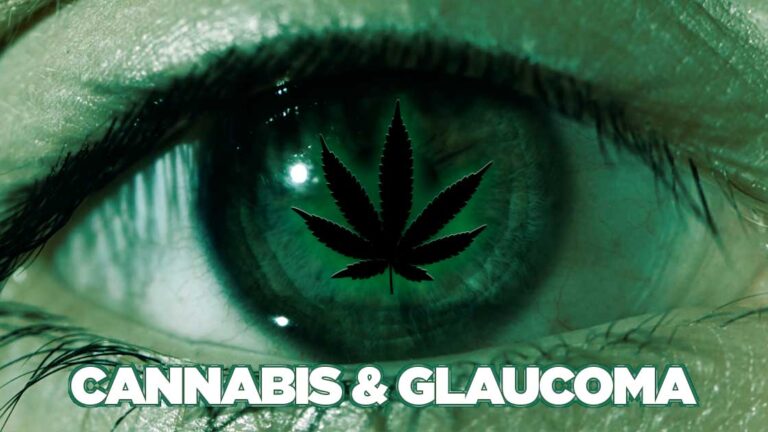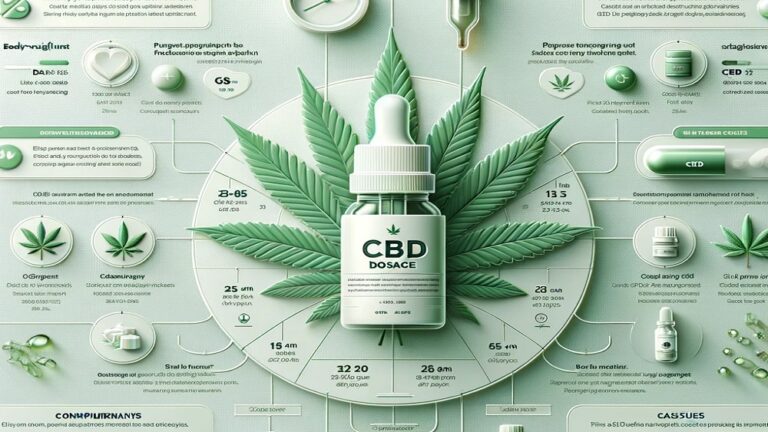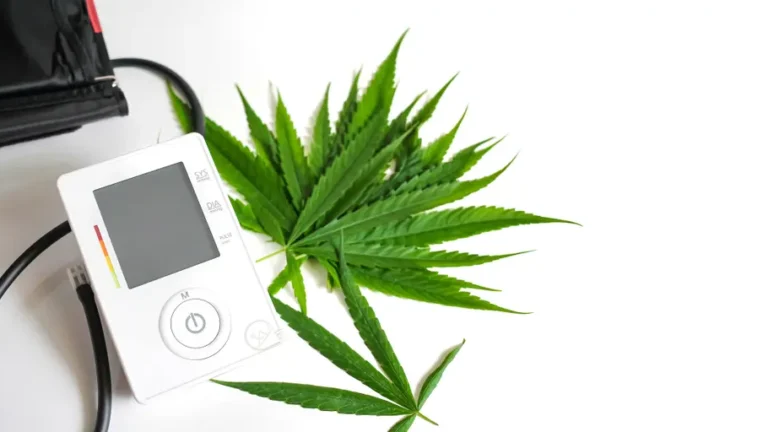
CBD and Blood Pressure Medication: Understanding the Risks and Interactions
Introduction
Cannabidiol, commonly known as CBD, has gained widespread attention for its potential to alleviate conditions like anxiety, chronic pain, and even high blood pressure. As more people turn to CBD for its purported health benefits, questions arise about its safety when used alongside prescription medications, particularly those for managing high blood pressure. With millions relying on blood pressure medications daily, understanding whether CBD can be safely combined with these drugs is critical. This article explores the potential interactions between CBD and blood pressure medications, addressing key concerns like whether CBD lowers blood pressure, how it interacts with medications, and what precautions you should take.
Does CBD Affect Blood Pressure?
Research suggests that CBD may have a blood pressure-lowering effect, which could be both beneficial and risky depending on your health status. A 2017 study published in JCI Insight found that a single dose of CBD reduced blood pressure in healthy volunteers under stress. Another study, detailed in ScienceDirect, examined patients with mild to moderate hypertension and found that five weeks of CBD supplementation reduced 24-hour blood pressure and serum urotensin-II levels, a hormone linked to blood pressure regulation.

These findings indicate that CBD might help manage high blood pressure, but they also raise concerns for individuals already taking blood pressure medications. If CBD lowers blood pressure further, it could lead to hypotension (low blood pressure), causing symptoms like dizziness, lightheadedness, or fainting. The question, “Does CBD lower blood pressure or raise it?” leans toward lowering, but the extent varies by individual and dosage.
Does CBD Lower Heart Rate?
While CBD’s effect on heart rate is less clear, some studies suggest it may have a calming effect, potentially reducing heart rate in stressful situations. However, there’s no conclusive evidence that CBD significantly lowers heart rate in all cases, and more research is needed to clarify this.
How Does CBD Interact with Medications?
CBD is metabolized by the liver’s cytochrome P450 enzyme system, particularly the CYP3A4 enzyme, which processes about 60% of prescription medications. When CBD inhibits CYP3A4, it can slow the breakdown of other drugs, leading to higher concentrations in the bloodstream. This interaction is similar to that of grapefruit, which is why medications with a grapefruit warning are particularly susceptible to CBD interactions.
For blood pressure medications, this means CBD could amplify their effects or increase the risk of side effects. The question, “Does CBD interact with medications?” is answered affirmatively, especially for drugs metabolized by CYP3A4 or CYP2D6 enzymes.
What Drugs Should Not Be Taken with CBD?
While no definitive list bans specific drugs with CBD, caution is advised with medications that have a grapefruit warning or are metabolized by CYP enzymes. Blood pressure medications like beta blockers, ACE inhibitors, and calcium channel blockers fall into this category. Additionally, other drugs to avoid with CBD include:
- Blood Thinners (e.g., warfarin, Eliquis): CBD may slow their metabolism, increasing the risk of bleeding (Weedmaps: CBD Interactions).
- Antidepressants and Benzodiazepines: These can cause increased sedation when combined with CBD.
- Statins and Chemotherapy Drugs: CBD may alter their effectiveness or increase side effects.
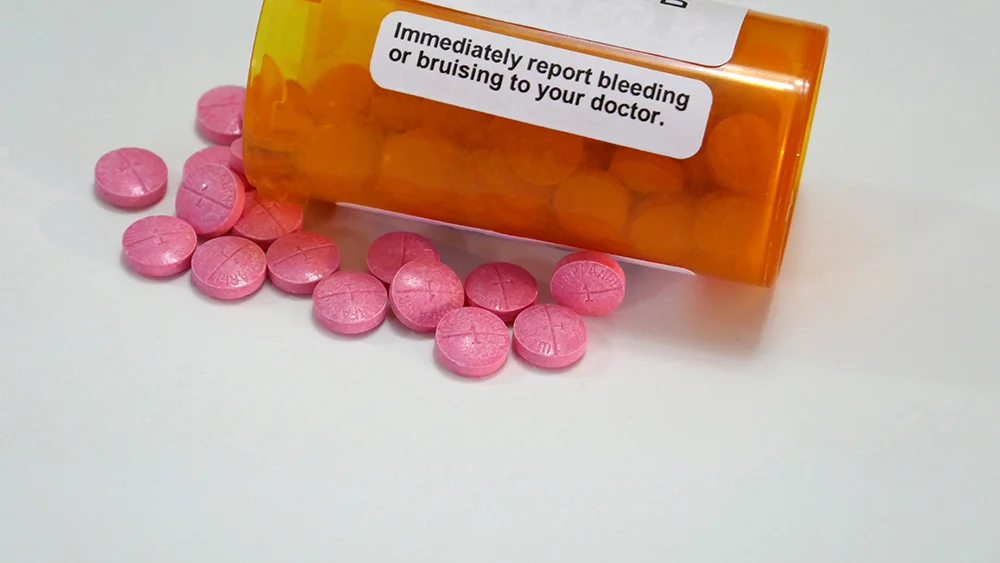
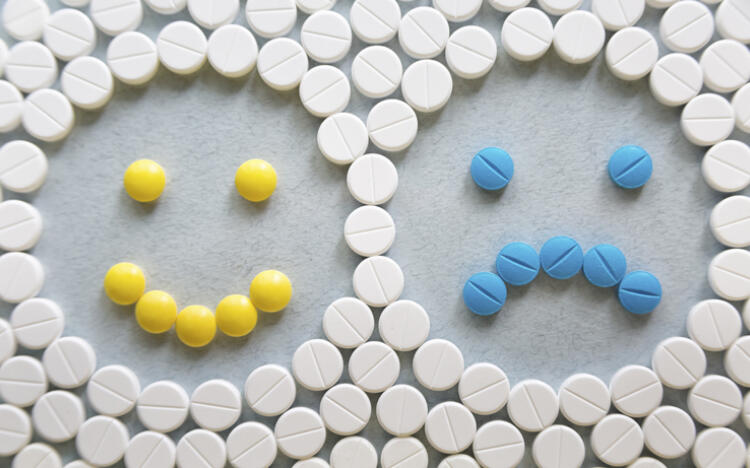
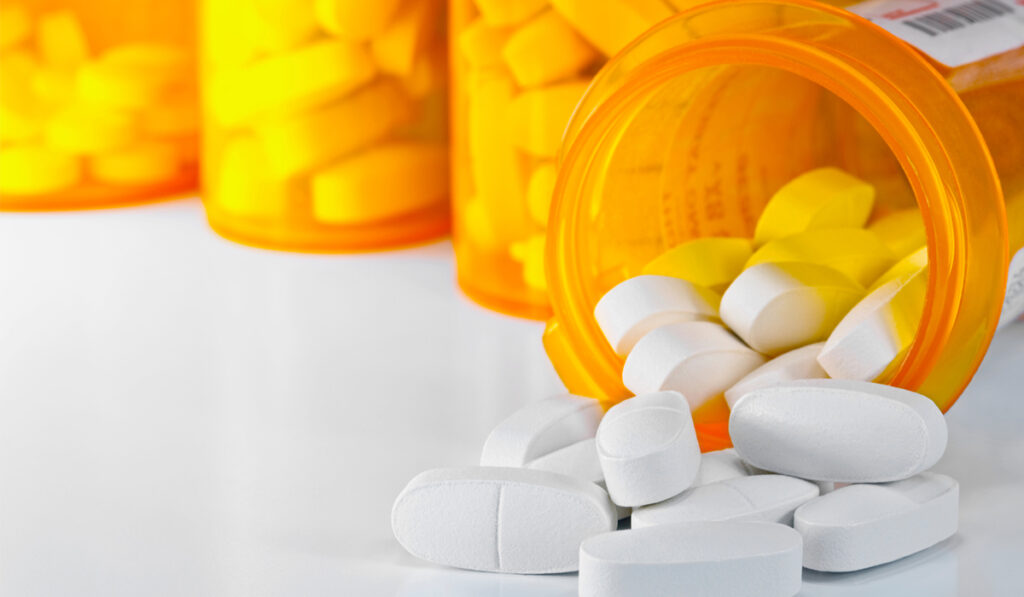
Specific Blood Pressure Medications and CBD Interactions
Below is a table summarizing common blood pressure medication classes, their functions, and potential interactions with CBD:
| Medication Class | Examples | Function | Potential CBD Interaction |
|---|---|---|---|
| ACE Inhibitors | Lisinopril, Ramipril | Relax blood vessels to lower blood pressure | CBD may enhance blood pressure-lowering effect, risking hypotension. |
| Beta Blockers | Metoprolol, Atenolol | Reduce heart rate and blood pressure | CBD may amplify blood pressure reduction; may reduce nausea side effects. |
| Diuretics | Hydrochlorothiazide, Furosemide | Reduce blood volume by eliminating excess water | CBD’s blood pressure-lowering effect may increase risk of low blood pressure. |
| Calcium Channel Blockers | Amlodipine, Diltiazem | Relax blood vessels | CBD may potentiate effects, especially if metabolized by CYP3A4, leading to hypotension. |
Does CBD Oil Cause Low Blood Pressure?
CBD oil, like other CBD products, may contribute to low blood pressure, especially when taken in high doses or with blood pressure medications. The risk is higher for oral CBD products (oils, gummies) that enter the bloodstream compared to topical products.
Do CBD Gummies Help with High Blood Pressure?
While some anecdotal reports suggest CBD gummies may help manage stress-related high blood pressure, there’s no robust evidence confirming their efficacy for hypertension. Moreover, gummies pose the same interaction risks as other oral CBD products when combined with blood pressure medications.
How Much Does CBD Lower Blood Pressure?
The extent to which CBD lowers blood pressure varies by individual, dosage, and administration method. The JCI Insight study reported a modest reduction in blood pressure (about 6 mmHg systolic) with a single 600 mg dose of CBD. Chronic use, as in the ScienceDirect study, showed sustained reductions, but exact amounts depend on factors like body weight and metabolism. Always monitor your blood pressure when using CBD to gauge its impact.
Safety Precautions and Recommendations
Combining CBD with blood pressure medications requires careful consideration. Here are key precautions to take:
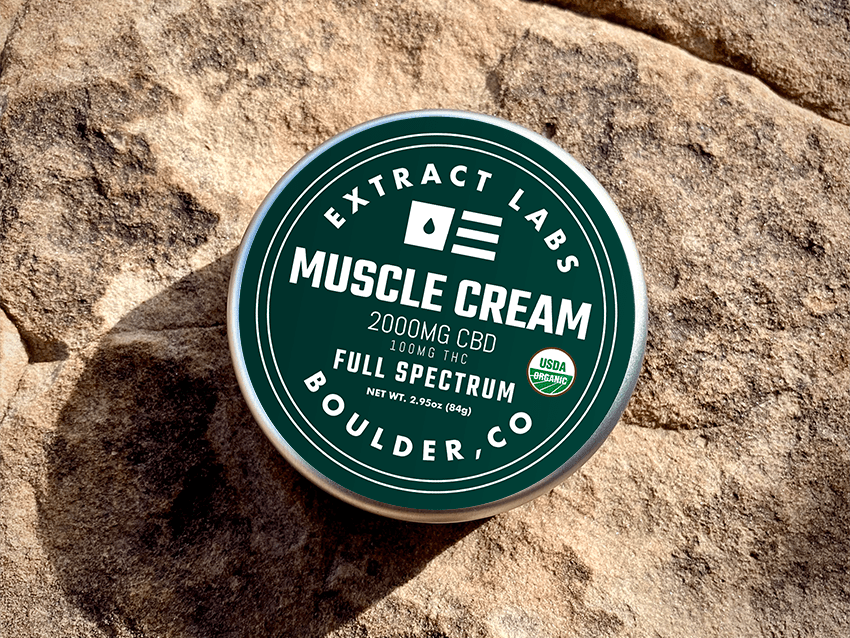
- Consult Your Healthcare Provider: Before starting CBD, discuss it with your doctor, especially if your medication has a grapefruit warning. They can assess your risk and provide personalized guidance.
- Monitor Blood Pressure Regularly: Use a home blood pressure monitor to track changes, particularly when starting CBD or adjusting doses.
- Start with a Low Dose: Begin with a small amount of CBD (e.g., 5-10 mg) and gradually increase while observing for side effects like dizziness or fatigue.
- Watch for Symptoms of Low Blood Pressure: Be alert for signs such as lightheadedness, fainting, or confusion, and stop CBD if these occur.
- Consider Topical CBD: Products like creams or lotions are less likely to enter the bloodstream, reducing interaction risks.
- Avoid Combining with Alcohol: CBD and alcohol can both lower blood pressure and cause drowsiness, increasing the risk of adverse effects.
CBD and Low Blood Pressure
If you already have low blood pressure or experience it as a side effect of your medication, CBD could exacerbate this condition. Be particularly cautious if you’re prone to hypotension or taking medications that lower blood pressure.
Conclusion
CBD holds promise for various health benefits, including potential blood pressure management, but its use with blood pressure medications requires caution. Research suggests CBD can lower blood pressure and interact with medications metabolized by the CYP3A4 enzyme, potentially leading to adverse effects like hypotension. Questions like “Can CBD lower blood pressure?” and “Does CBD interact with medications?” are answered with a cautious yes, but the extent and severity depend on individual factors. Always consult your healthcare provider before combining CBD with blood pressure medications, monitor your health closely, and consider safer alternatives like topical CBD if interactions are a concern. Prioritizing your safety ensures you can explore CBD’s benefits without compromising your health.
